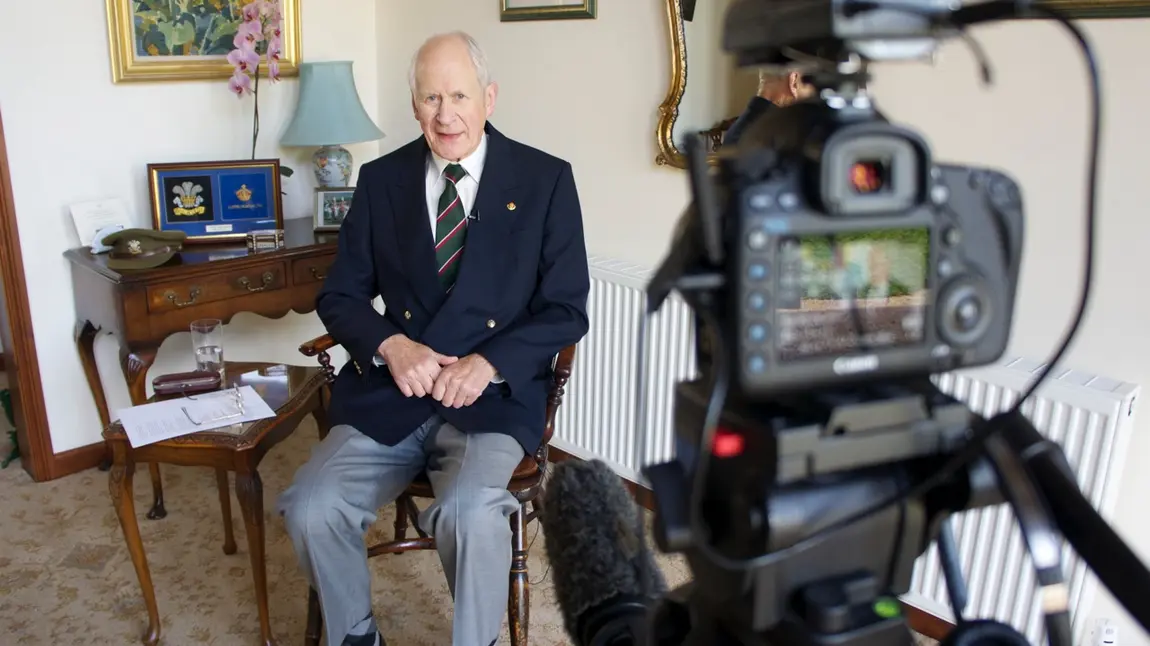Memories of Korea

Legasee Educational Trust will work with volunteers to film first-hand testimonies of veterans across the North West. Their stories will be added to a national database so their voices can be heard across the country.
The Korean War began on 25 June 1950 when the North Korean People’s Army attacked South Korea. America was quick to condemn their actions and this was rapidly supported by the United Nations.
Two months later the first British troops, arrived in Busan. By the following summer, the swift infantry attacks and air bombing raids had evolved into static trench warfare like the First World War.
Now 82, John Bowler found himself in the 1st Bn The Welch Regiment. Having carried out most of their training for the notoriously hilly terrain of Korea in the decidedly un-hilly county of Norfolk, the Battalion expected a three-week acclimatisation period. However, just three days after arrival in Korea they moved up country, took over from the Gloucesters and went into the front line. Almost immediately they were out on patrols in no-man’s land. "They pointed at a hill and said see if there’s anybody up there, and this was in daylight and it was a lovely November day just like in the UK. The only difference was there were no birds, the only thing around when I was there were rats, everything else had been killed."
On his first night time enemy contact and fire-fight, 2nd Lt Bowler recalls the strangeness of shooting at flashes rather than an identified enemy. Having stayed the night on this hill he was surprised the next morning to find bodies of six soldiers similar in stature to himself [he is 6’4"]. These were, he was told later, Mongolians. They are much taller than Chinese and Manchurians. The fact that they were dead didn’t figure in his thinking. "No that wasn’t disturbing in any way, they were the enemy and as long as the enemy was dead then that was absolutely fine. It’s the live enemy that would worry you rather more… it wasn’t all that long before we started getting used to people being killed and used to doing our best to kill others as well… I don’t think there was any great difficulty in doing that, war becomes horribly matter-of-fact after a while."
Despite this reflection John also admits that he had nightmares for 40 years after Korea but as he’s aged he realises that for younger people there are many things to learn from this experience. "It’s the mind that rules the body and not the other way round. I shall grieve to my death over the losses and I shall remember the great humour and the fun and the fact that any other worry in life is now small compared to what we went through then."
When the fighting ended on 27 July 1953, a total of 63,000 UK troops had spent time in Korea. 1,078 died and more than 1,000 were taken prisoner and badly mistreated.
By recording accounts such as John Bowler’s, Legasee aims to preserve valuable first hand memories about Korea - personal stories that would otherwise be lost forever. Did you fight in Korea? Legasee would love to speak with you. In the first instance please contact via emai: albert@legasee.org.uk or tel: 07766 026 527.
